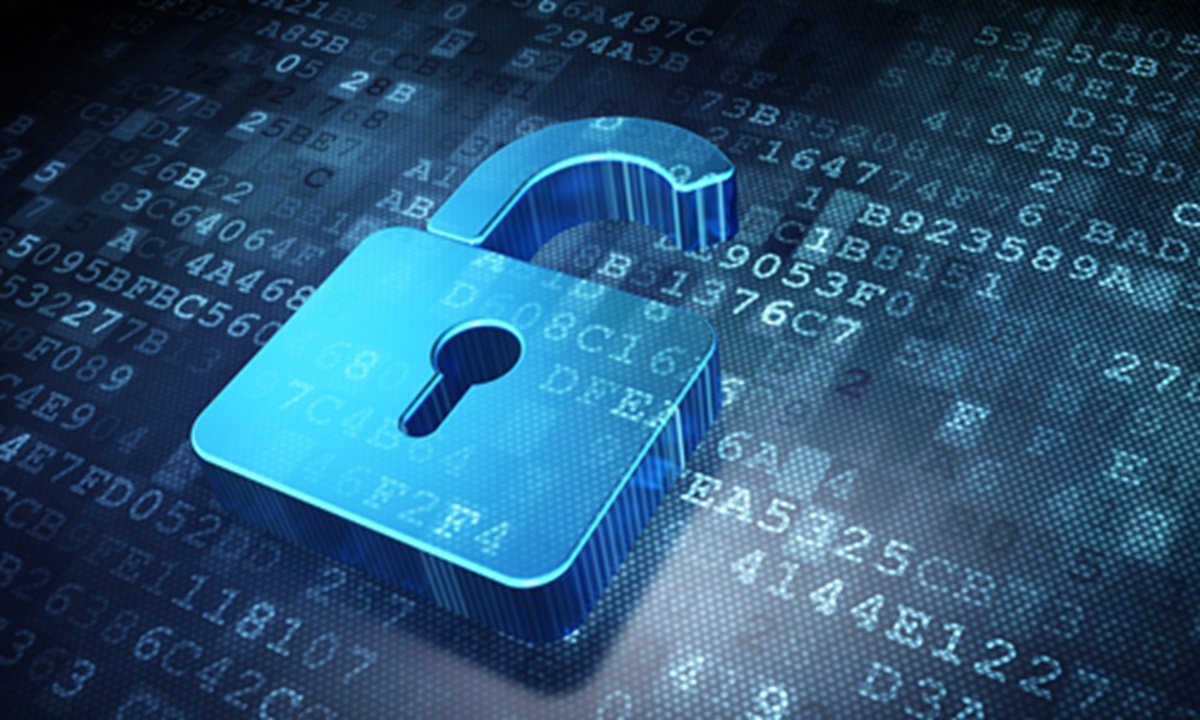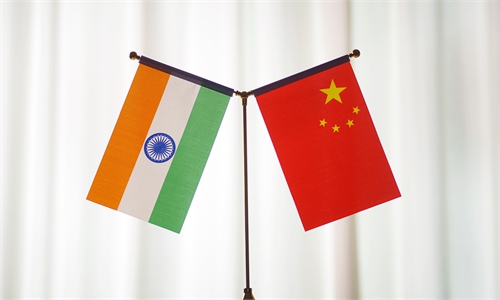COMMENTS / EXPERT ASSESSMENT
A global internet supervising organ is needed under auspices of UN

Photo: IC
The onslaught of the COVID-19 pandemic has highlighted the significance of global coordination. As the agency of the United Nations responsible for international public health, the World Health Organization (WHO) has played an indispensable role in coordinating global efforts in the fight against the disease.The pandemic has made the world realized that the digital space built on the internet has become a major living space of mankind which also awaits an international coordination agency - like the WHO for public health - to deal with issues like digital divide, cyber-attack and disinformation.
The Internet was built on a decentralized premise. Under open standards, open architecture, and open culture and values, the network has been growing naturally and spread autonomously. However, as the whole mankind becomes increasingly hooked to the internet, issues such as digital gap have become more severe.
The world's current internet penetration rate is 53.6 percent, among which the penetration rate in the least developed countries is only 19 percent, while the penetration rate in the US is close to 90 percent. According to the UN sustainable development goals, all population should go online and the world will be connected by 2030.
However, the cost of interconnecting the rest of the world's population who has not yet been online has increased significantly. What's more serious is that nearly one-third of people in Africa currently have no access to electricity. Eliminate the digital divide faces bigger challenges.
The actual and virtual worlds are both essential for mankind, and it would be appropriate for the UN agency to manage the development of a truly globally connected internet. It's the US that opposes to establish a UN agency to play a dominant supervisory role in internet, arguing governments should not get involved in internet business.
The US controls the digital infrastructure which forms the world wide web, so it is unwilling to decentralize and delegate power to other countries.
In fact, the largest challenge is not internet problems but the social issues coming with the internet. The issue is related with national and global governance, and now it's time for sovereign countries to come back to the dominant position of internet governance. A multilateral management model dominated by governments doesn't conflict with the existing non-governmental management. In contrary, the two sides are complementary.
The management deficit accumulated in internet development has become a source of new threats. The US experienced a severe hacking attack of SolarWinds at the end of last year. The hackers were within the US boundaries which show that even as the US has the absolute advantage in internet development, it's hard for it to manage and control internet security problems without global coordination.
The current international internet management mechanism is inadequate to counter increasing internet challenges, let alone to resolve the digital divide. An international agency under the UN framework similar to the WHO for the internet could better coordinate and regulate the global internet.
Given the complexity of internet, countries across the world can take the reference from global efforts in public health, climate, poverty elimination and sustainable development, to ramp up efforts in dealing with digital divide, online terrorism, internet crime and other issues.
The author is director of the Center for Internet and Society at Zhejiang University of Media and Communications and founder of Beijing-based technology think tank ChinaLabs. bizopinion@globaltimes.com.cn



